Do you ever dream of owning something exotic and unique? Perhaps you’ve considered a pet like a reptile? If so, you’re not alone! Reptiles are becoming increasingly popular in households around the world. But before you jump in and buy a pet reptile, it’s important to consider the pros and cons of ownership.
Reptiles have an undeniable allure, from the bright colors of a coral snake to the hypnotic gaze of an iguana. They can be fascinating creatures to observe and interact with. Plus, they require less maintenance than other traditional pets, like cats and dogs. Reptiles are low-maintenance, so you don’t need to worry about daily walks, trips to the vet, or expensive grooming.
However, reptile ownership isn’t without its challenges. Many reptiles require specialized habitats that must be carefully monitored and maintained. Reptiles can also be quite delicate, so you’ll need to be vigilant to prevent any potential illnesses or injuries. And while reptiles can be fascinating to observe, they may not be as interactive or affectionate as other pets.
So if you’re considering a pet reptile, take the time to weigh the pros and cons carefully. In this article, we’ll discuss the advantages and disadvantages of owning a reptile so you can make an informed decision.
Types of Reptiles
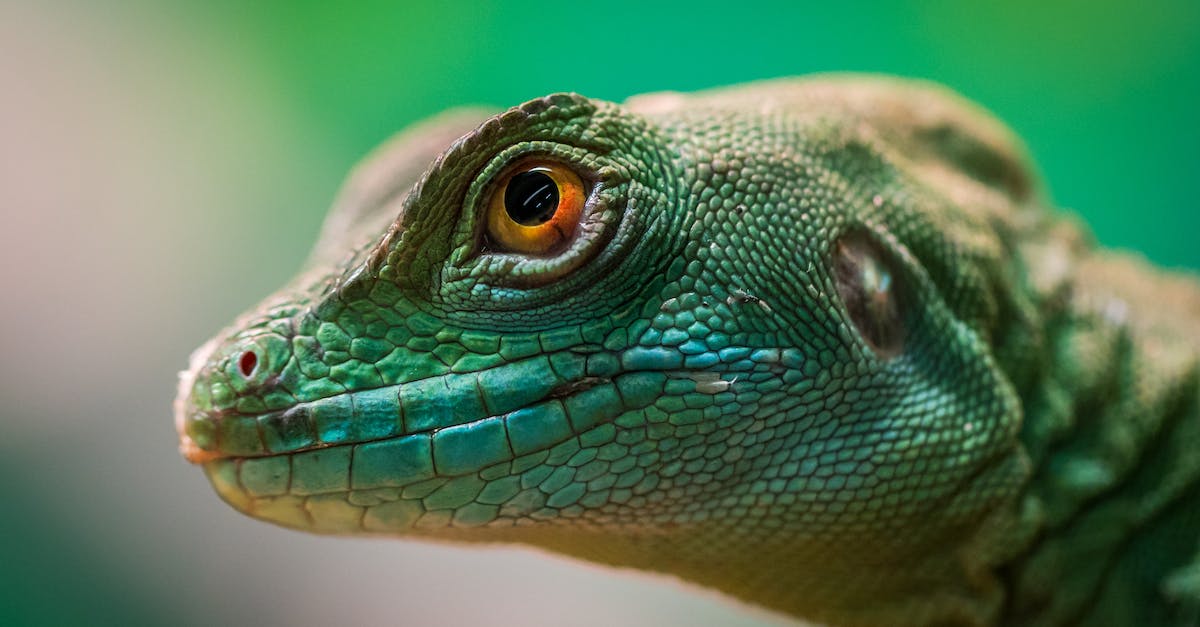
Are you thinking of getting a reptile as a pet? Reptiles come in all shapes and sizes, and they can make great companions. But before you make the leap, it’s important to know the different types of reptiles, their pros and cons, and what it takes to care for them.
Types of Reptiles
- Turtles: Turtles are popular pets, especially for children. They are relatively low-maintenance but require a bigger enclosure than some other reptiles. Turtles need a good-sized tank with plenty of water, as well as a basking area.
- Lizards: Lizards come in a variety of shapes and sizes and can make great pets. They typically require a larger enclosure than turtles, as they need space to climb and explore. Lizards may also need a heat source to keep them warm.
- Snakes: Snakes can be intimidating, but they make great pets. They require a special enclosure, as well as a heat source to keep them warm. Snakes also need to be fed live prey, such as mice or crickets, which can be a little daunting for some people.
- Tortoises: Tortoises are known for their slow, steady pace, and they make great pets. They need a larger enclosure than other reptiles and require access to a warm, dry area for basking. Tortoises also need access to a wide variety of plants for grazing.
Keep in mind that all reptiles require special care and attention, so be sure to research the type of reptile you are considering before making the commitment.
Advantages of Owning a Reptile
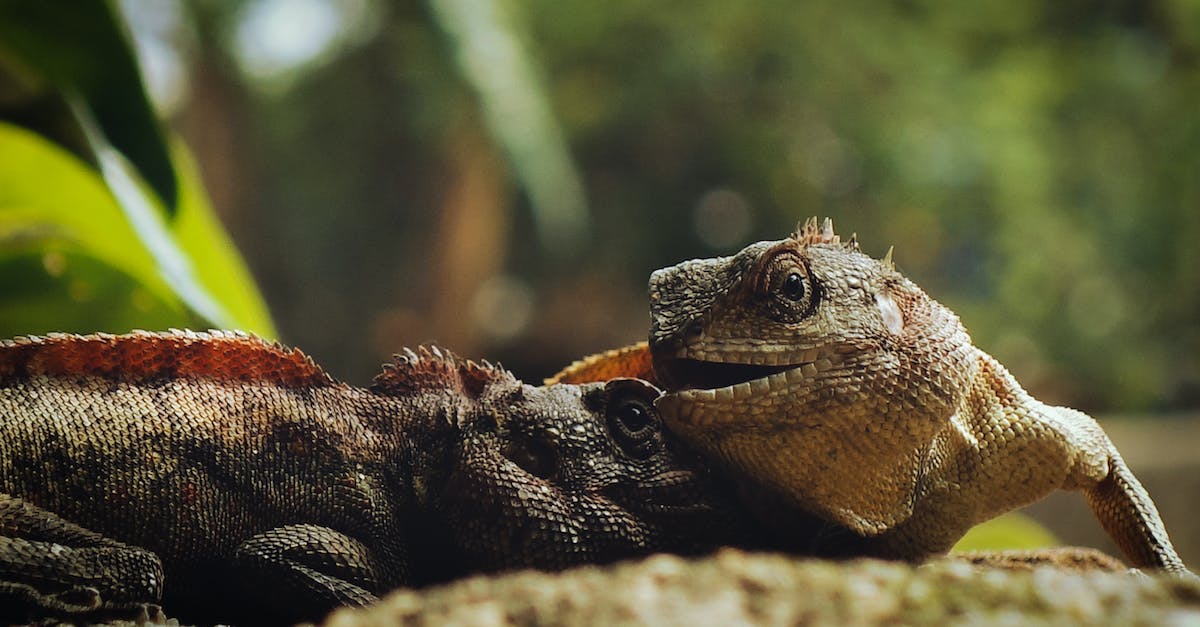
You may be wondering why anyone would choose to own a reptile. Believe it or not, these cold-blooded creatures can make great companions, and they come with a few unique advantages.
-

Beaded Dragon Fan Exclusive: ‘Original Hipster’ T-Shirt – Wear Your Unique Style with Pride – Unisex t-shirt
£13.00 – £20.50 Select options This product has multiple variants. The options may be chosen on the product page -

Chinese Water Dragon Aquatic Mastery Tee: Dive into Elegance with Our Exclusive Reptile Enthusiast Shirt – Unisex t-shirt
£13.00 – £20.50 Select options This product has multiple variants. The options may be chosen on the product page
- They’re Low-Maintenance Pets: For starters, reptiles require less maintenance than furry, four-legged pets. They don’t need to be taken for walks, and they won’t need to be groomed. Reptiles also require less space than a traditional pet, so you won’t need to worry about finding room in your home.
- They’re Cost-Effective: Reptiles are relatively inexpensive to buy and maintain. Depending on the type of reptile, you may not even need to buy any additional equipment. Plus, you won’t need to purchase food as frequently as you would with a furry pet.
- They’re Interesting to Observe: Reptiles can be quite fascinating to watch. They have unique behaviors and movements, and you may find yourself getting lost in their world. Plus, reptiles are usually quite content to curl up and relax, so you won’t feel like you’re constantly entertaining them.
- They’re Visually Appealing: Reptiles come in a variety of shapes and sizes, and many of them are quite beautiful. From bright colors to intricate patterns, there’s something for everyone.
Of course, there are a few downsides to owning a reptile. But if you’re looking for a unique pet that’s low maintenance and visually appealing, a reptile might just be a perfect choice.
Challenges of Owning a Reptile
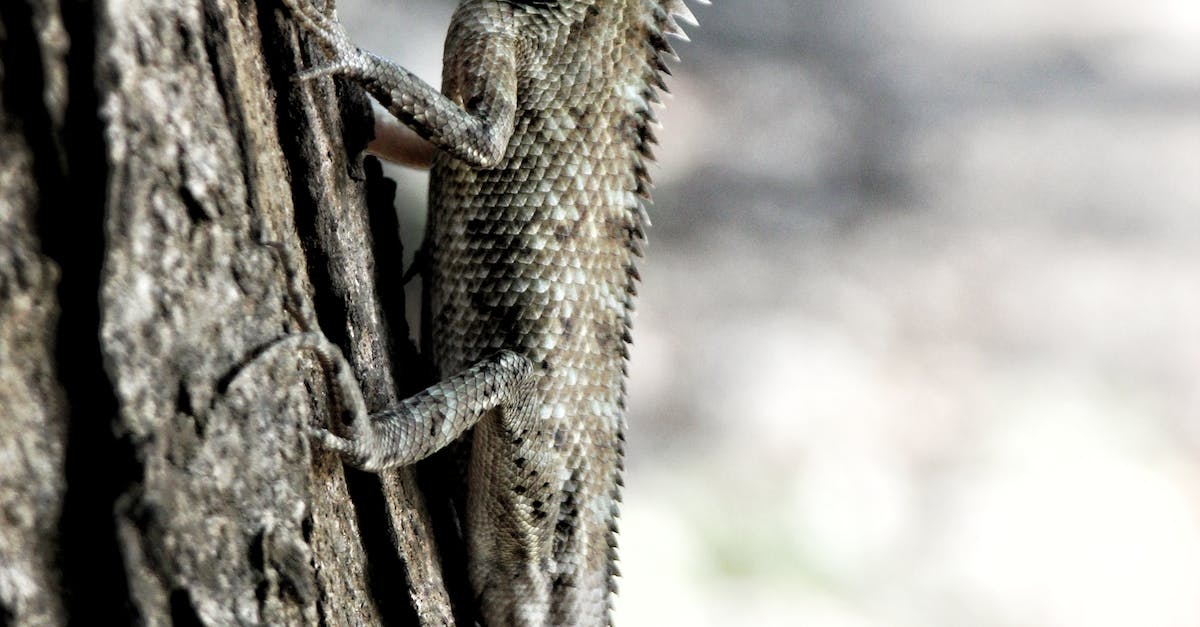
Ah, reptile ownership! It sure sounds exciting – but there are some challenges that come with it.
- Caring for Reptiles Can Be Time-Consuming Reptiles require regular care and attention in order to stay healthy. You’ll need to clean their enclosure, provide food and water, monitor their temperature, and provide them with a variety of enrichment activities. This can be a lot of work and requires dedication.
- Veterinary Care Can Be Expensive Reptiles can require specialized veterinary care, and this can be expensive. If you want to be able to provide the best care for your reptile, you’ll need to be prepared to spend a little extra money on vet bills.
- Reptiles Have Special Needs Reptiles require specific environmental conditions in order to thrive, and this means you’ll need to invest in the right equipment for your pet. This can include things like reptile heating lamps, UVB bulbs, and thermostats.
Housing Requirements for Reptiles
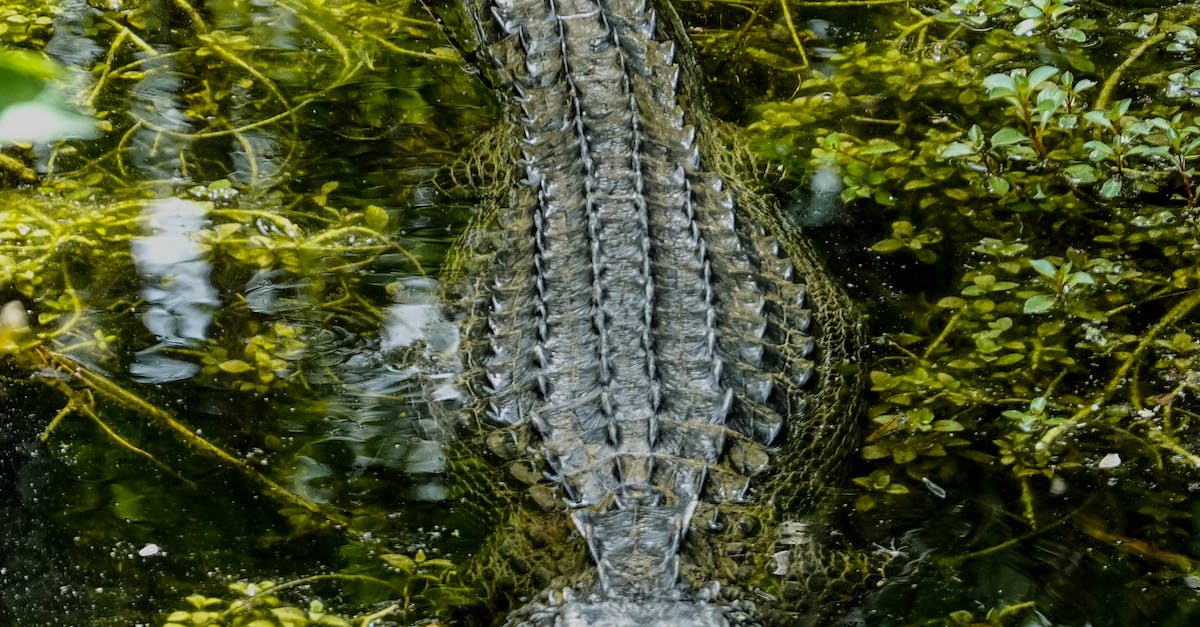
Ah, owning a reptile! It’s an exciting prospect, but it doesn’t come without responsibility. If you’re considering taking in a reptile as a pet, you must make sure you are able to provide the correct housing. Here are some tips to help you make sure you’re providing your reptile with the best home possible:
- Choose the right enclosure – The enclosure should be large enough for your reptile to move around comfortably. Consider the type of reptile you are getting, as some reptiles require different enclosure sizes.
- Provide the right temperature, and humidity levels – Reptiles require warmth, so you’ll need to invest in an appropriate heating device. Additionally, some reptiles need higher humidity levels than others, so you’ll need to create the correct environment.
- Make sure you have adequate ventilation – It’s important that your reptile’s enclosure is well-ventilated, as this will help to maintain the correct temperature and humidity levels. You may want to invest in a fan or air vents to help with this.
- Clean the enclosure regularly – Reptiles are sensitive to their environment, so it’s important to make sure that you’re keeping their enclosure clean. This includes removing any waste, cleaning the enclosure walls, and keeping any water dishes clean.
By following these tips, you’ll be sure to provide your reptile with the best possible home.
Feeding Requirements for Reptiles

You may have heard stories of people feeding their reptiles leftover pizza or scraps from the dinner table, but that’s not the best way to feed these fascinating creatures! Reptiles require specific diets to stay healthy, and it’s important to understand the feeding requirements for the reptile you choose.
- Meal Frequency – Reptiles, like any other pet, need to be fed on a regular schedule. Young reptiles, in particular, may need to be fed multiple times a day, while adults may only need to be fed once or twice.
- Type of Food – Not all reptiles are the same, and neither are their diets. Some reptiles are carnivores, while others are omnivores or herbivores. It is important to research the type of food your reptile needs.
- Variety – While some reptiles may enjoy the same food every day, it is important to provide a variety of food sources to help ensure they get the nutrients they need.
- Nutritional Value – As with any other pet, it is important to provide food that is high in nutritional value. Avoid feeding your reptile processed foods or snacks, as these are not good for their health.
- Supplements – Depending on the type of reptile you have, you may need to provide additional vitamins and minerals in the form of supplements. Speak to your veterinarian about the best supplements for your reptile.
Veterinarian Care for Reptiles
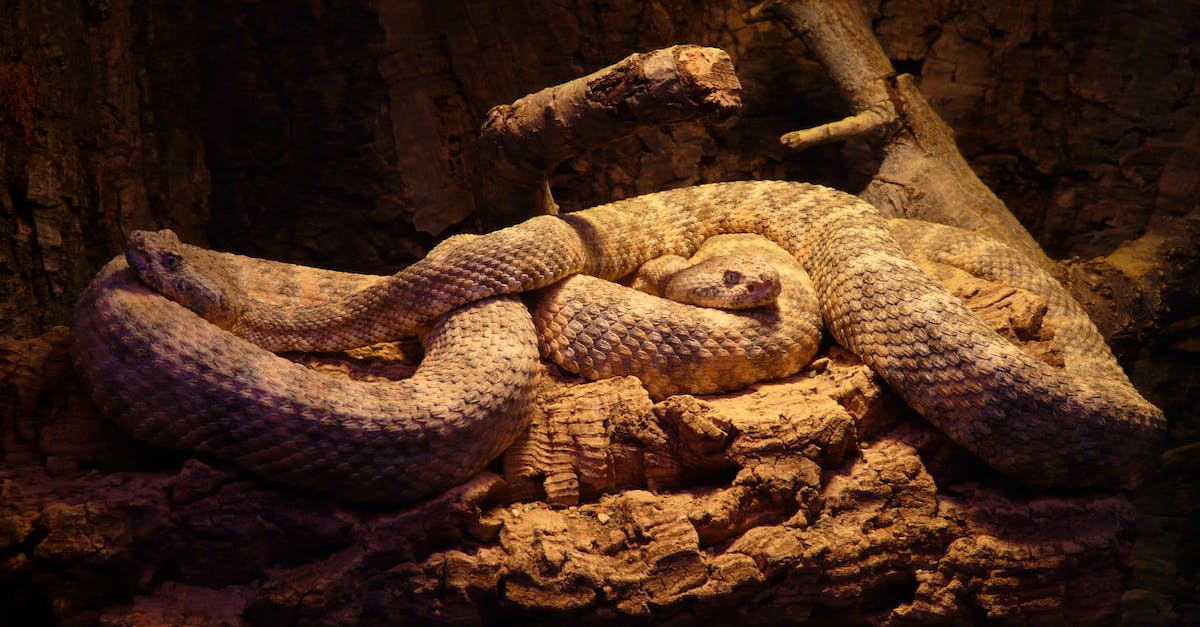
If you’re thinking of getting a reptile as a pet, you’ll need to consider the cost of vet care. Reptiles have different care needs than other animals, so it’s important to find a vet who specializes in treating them. Here are some tips for finding and working with a reptile vet:
Find a Vet Who Specializes in Reptiles
It’s best to find a vet who specializes in reptiles as they are more familiar with their care. Ask friends, family, and other reptile owners for recommendations. Check online for reviews and ask your local pet store for advice.
Be Prepared for Appointments
When going to the vet, bring a list of questions and concerns you have about your reptile’s health. Be sure to include their diet, habitat, and any other information that will help the vet diagnose and treat your pet.
Discuss the Cost of Care
Reptile vet care can be expensive, so it’s important to discuss the cost before treatment. Ask about payment options and be sure to find out what’s included in the cost of care.
Keep Up With Veterinary Visits
Regular vet visits are important for the health of your reptile. Your vet can monitor their health, check for parasites and other health issues, and make sure their habitat is suitable.
Be Patient With Your Vet
Reptiles can be difficult to diagnose, so it’s important to be patient with your vet. Remember, they’re trying to help your pet as best they can.
By following these tips, you can ensure that your reptile will get the best possible care from a qualified vet.
Costs of Owning a Reptile
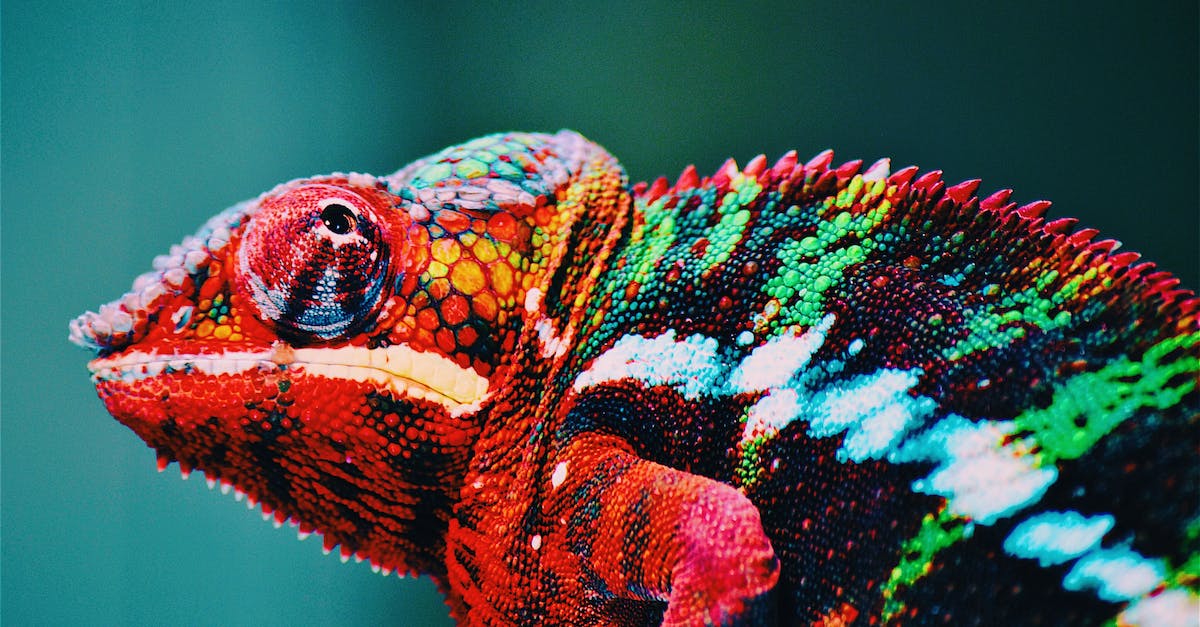
So you’ve decided to take on the commitment of owning a reptile – congratulations! But before you go out and buy your new pet, it’s important to understand the costs associated with reptile ownership. From housing and food to vet bills and accessories, there are various expenses to take into consideration.
- Housing – Reptiles need an appropriate enclosure to ensure their health and well-being. Depending on what type of reptile you are getting, your housing costs will vary. Be sure to purchase a cage or enclosure that is the correct size for your reptile and that is easy to clean.
- Food – Depending on the type of reptile you have, you’ll need to buy appropriate food for your pet. If you have a snake, you’ll need to buy frozen mice or rats. If you have a turtle, you’ll need to purchase turtle pellets. Make sure you are buying the right type of food for your reptile and that it is of high quality.
- Vet Bills – Just like any other pet, reptiles need regular checkups and vaccinations. Make sure you are budgeting for regular vet visits to ensure your reptile is healthy.
- Accessories – Reptiles need various accessories to keep them healthy and happy. This includes things like heating lamps, water dishes, and substrate. Make sure you are budgeting for these items as well.
- Supplies – In addition to the accessories mentioned above, you’ll need to purchase supplies like cleaning supplies, bedding, and hideouts for your reptile.
- Miscellaneous Expenses – There are always other expenses associated with owning a reptile. This could include things like books, toys, and decorations for your reptile’s enclosure.
So there you have it – the costs associated with owning a reptile. Be sure to budget for all of these expenses to ensure your reptile stays healthy and happy.
Finding Quality Reptiles for Sale
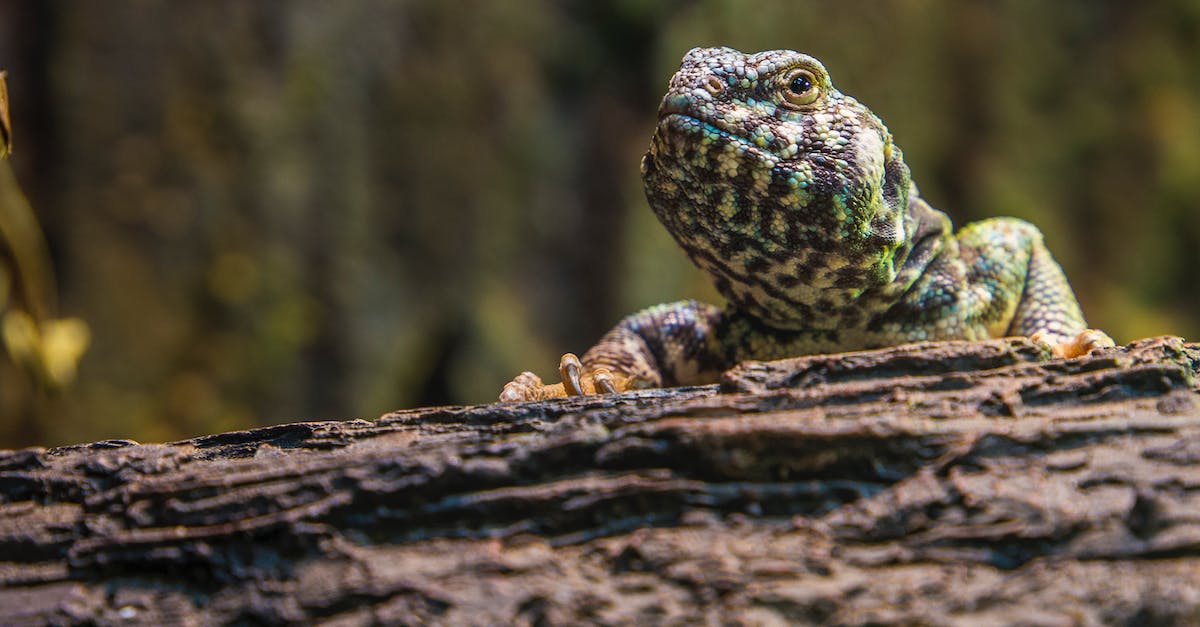
Are you considering adding a reptile to your menagerie? You’re in luck! Finding quality reptiles for sale is easier than ever. Here are a few tips to help you find the perfect reptile for your family:
- Do Your Research: The internet is an excellent source of information when it comes to researching different types of reptiles. Look up the scientific names for different species, read up on their behavior and habitat, and find out which ones are best suited for home ownership.
- Know Your Sources: It’s important to do your research to make sure you’re getting a healthy and well-cared-for reptile from a reputable source. Ask questions about the source and make sure they know what they’re talking about.
- Locate Reputable Breeders: Once you’ve done your research, you can start looking for a reputable breeder. Ask around at local pet stores or reptile shows and make sure the breeder is knowledgeable and trustworthy.
- Check the Reptile: When selecting a reptile, make sure to check it over for any signs of illness or injury. Ask the breeder to show you the necessary documents and make sure the animal is healthy and well-cared for.
- Set Up the Habitat: Once you’ve found the perfect reptile, make sure you have the right habitat set up. Research the proper habitat for the type of reptile you’ve chosen, and make sure you have the necessary supplies.
By following these tips, you can be sure that you’re getting a quality reptile for sale. With the right research and preparation, you can find the perfect pet for your home.
Conclusion
Reptile ownership is an intriguing prospect. On the one hand, you get to experience the beauty and mystery of owning a creature that has been around since the time of the dinosaurs. On the other hand, you are also taking on a significant responsibility that requires an understanding of their specific needs, including the right housing, diet, and environment. The pros and cons of owning a reptile depend on the individual and their commitment to their pet, but it can be a rewarding experience if done properly.
For those who are considering taking on the responsibility of a reptile, it is essential to do your research. Talk to experienced owners and read up on the species you are interested in to ensure that everything is in order before taking the plunge. You should also think about how much time and money you are willing to invest in your pet, as reptiles require a significant commitment of both.
But, if you are willing and able to provide the necessary care and attention, owning a reptile can be an incredibly rewarding experience. Not only do you get the chance to observe and appreciate their behavior, but you can also develop an emotional connection with your reptile that can last a lifetime.
So, if you are truly ready to take on the responsibility of a reptile, go ahead and take the plunge. You won’t regret it!

